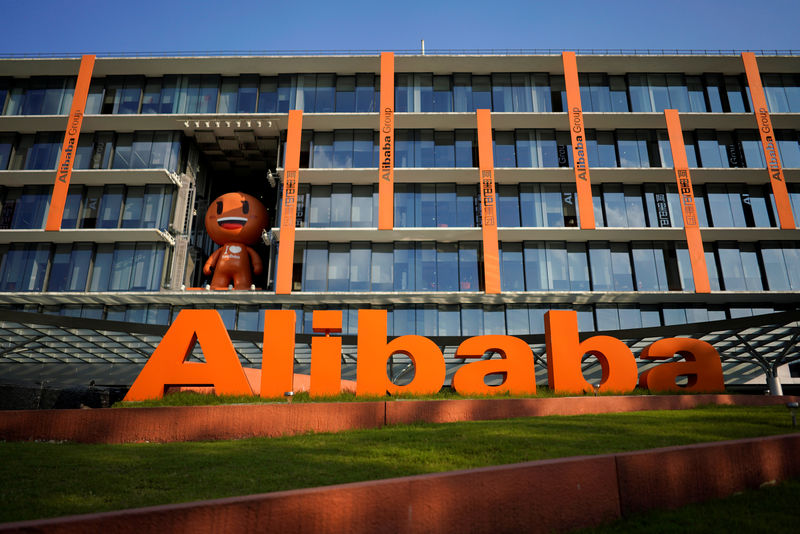Tencent and Alibaba have unveiled fresh moves in artificial intelligence chip adoption and development, underscoring China's accelerating efforts to reduce reliance on Nvidia hardware amid tightening U.S. restrictions.
At its Global Digital Ecosystem Summit on September 16, Tencent announced it has "fully adapted" its AI computing infrastructure to support Chinese-designed processors. Tencent Cloud president Qiu Yuepeng said the company is now deploying "mainstream domestic chips" rather than just experimenting with them, while senior executive vice-president Dowson Tong Tao-sang noted Tencent is collaborating with multiple Chinese chipmakers to match hardware to application scenarios. He added that long-term investment will prioritize hardware-software co-design to lower computing costs.
The announcement followed a disclosure by China's State Administration for Market Regulation that Nvidia had violated antitrust rules linked to its 2019 acquisition of Mellanox Technologies, with the probe still ongoing. Against this backdrop, Tencent has been diversifying procurement to hedge supply risks, with president Martin Lau Chi-ping saying in August that the company already holds sufficient training chip inventory and "many options" for inference. Industry observers see Huawei's Ascend platform—already adopted by ByteDance—as a likely candidate for Tencent's deployments, though U.S. officials estimate Huawei may only produce around 200,000 AI chips next year.

Meanwhile, state broadcaster CCTV revealed that Alibaba's chip unit T-Head has developed a new AI-oriented PPU (Parallel Processing Unit), with specifications broadly comparable to Nvidia's H20 and in several respects superior to the A800 GPU still available in China. The PPU integrates 96GB of HBM2e memory, higher than the A800's 80GB and equal to the H20's capacity, though the latter uses newer HBM3. It also delivers 700GB/s of interconnect bandwidth—outpacing the A800 but just below the H20—and supports PCIe 5.0, again ahead of the A800 and on par with the H20. Power consumption remains at 400W, lower than the H20's 550W.
According to CCTV, Alibaba Cloud has already signed contracts involving 16,384 T-Head accelerator cards across 1,024 servers, providing nearly 2,000 petaFLOPs of computing power. Other Chinese institutions, including the Chinese Academy of Sciences and Beijing Jingyi, are deploying chips from local firms such as Muxi, Biren, and Zhonghao Xinying. Collectively, confirmed projects cover more than 22,800 domestic AI accelerator cards, with total compute exceeding 3,400 petaFLOPs, while planned deals could add another 2,000 petaFLOPs.
While CCTV did not disclose direct performance benchmarks for the PPU, the chip's specifications suggest it is capable of training lightweight AI models and could partially replace Nvidia's H20 in certain scenarios. Reports from the Wall Street Journal in August also indicated Alibaba has been testing the PPU since earlier this year, positioning it as a domestic alternative for inference workloads.
Together, Tencent's pivot toward domestic hardware and Alibaba's new chip development highlight how Chinese cloud and internet giants are accelerating the shift to home-grown AI accelerators—an adjustment driven by geopolitics, supply chain constraints, and the growing maturity of China's semiconductor ecosystem.
+86 191 9627 2716
+86 181 7379 0595
8:30 a.m. to 5:30 p.m., Monday to Friday
